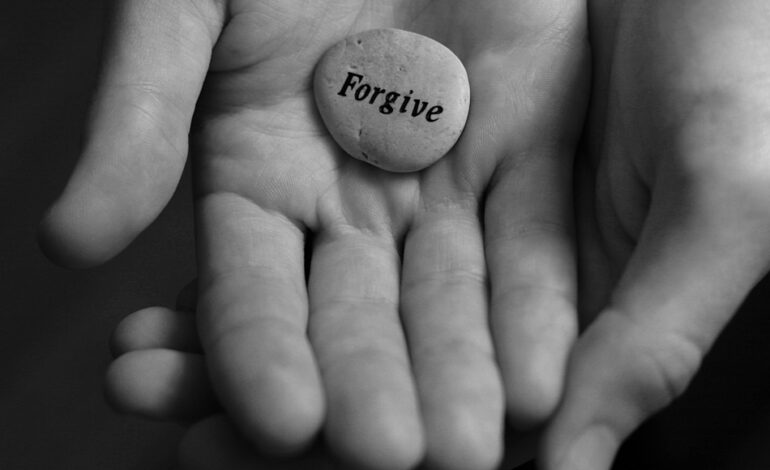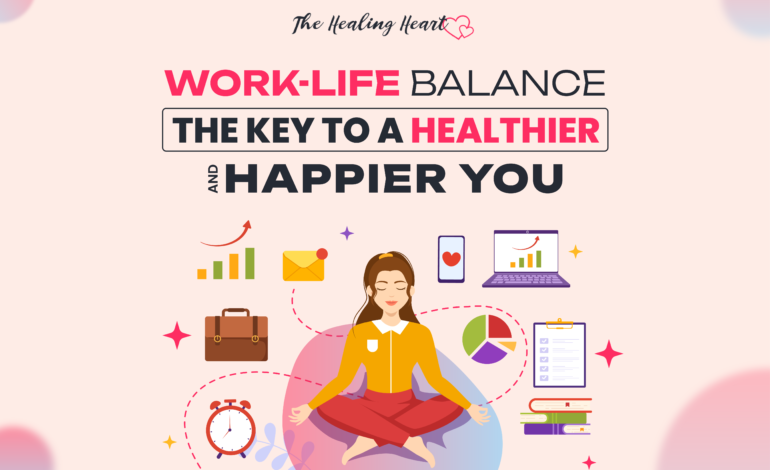
Forgiveness can be a powerful tool in your professional and personal life. If you are able to forgive, it can lead to positive changes in your attitude and behavior, which may have financial benefits for your organization. Let’s discuss it’s roles in detail:
Improved Mental Health
It is possible to experience better health and mental tranquility by letting go of past wrongs and bitterness.
Forgiveness is a powerful tool that can be used to improve the quality of your life in more ways than you might imagine. For example, studies have shown that forgiving someone can reduce the physical stress you experience when thinking about them. It also helps reduce your stress levels, which may lead to improved immune system function and lower blood pressure.
In addition to these physical benefits, forgiveness has also been shown to help improve your mental health. For example, one study found that people who practice forgiveness tend to have lower levels of depression, anxiety and anger than those who do not forgive others for their transgressions.
Boosts Confidence
Forgiving others is a kind and powerful act, and the power it holds will benefit you and the other person. Your relationships will benefit, and you will feel happier inside. Your confidence will be boosted by your ability to resolve personal issues, and your self-esteem is going to increase as well.
Forgiving others doesn’t mean that you give up your rights or stop being angry about what happened. It’s not about pretending that things didn’t happen or that you don’t care about what happened. Forgiveness is an act of self-care because it allows us to free ourselves from negative emotions that can cause us harm physically and mentally, especially if we hold onto them for too long.
Encourage Employees To Put Extra Effort
People who work for companies with a forgiveness culture are more willing to put up extra effort, which has significant financial repercussions. Additionally, it aids people in developing a more optimistic attitude on the future.
A forgiving culture is one where employees are encouraged to make mistakes and learn from them. It’s also one that encourages people to take risks without fear of being reprimanded for failing.
Studies have shown that people who work for forgiving companies are more likely to put in extra effort because they know that their mistakes won’t be held against them in the long run. They’re also less likely to make mistakes in the first place because they don’t fear being punished for doing so!
This translates into higher profits for businesses with forgiving cultures: For example, those that encourage risk-taking typically bring in more revenue than those who don’t.
Better Relationships
Forgiveness is a powerful tool for developing the kind of relationships you want to have with others—and the kind of relationship you want to have with yourself.

Forgiveness is a choice we make when we realize that holding onto resentment and anger toward someone else or ourselves does nothing to help us move forward, and it in fact keeps us stuck in the past. When we’re stuck in the past, we can’t see clearly enough to live fully in the present. And when we’re not living fully in the present, we can’t create a positive future for ourselves or our loved ones. When we forgive someone else for something they’ve done wrong, it helps us release any negative feelings toward them so that we can focus on healing our own pain and moving forward into a brighter tomorrow.
How To Practice Forgiveness
1. Acknowledge your emotions.
When you’re feeling hurt or angry, acknowledging those feelings is the first step toward being able to forgive. You may not be able to release them completely right away, but at least you’ll be able to start working toward forgiveness.
2. Identify why you feel that way.
It’s important to know what specifically has caused you to feel hurt or angry so that you can address it in a more productive way. If a friend has betrayed your trust and you’re struggling with forgiving them, think about how that betrayal makes you feel and why it might have happened in the first place (e.g., maybe they were stressed or having a bad day). Then ask yourself what steps could be taken to prevent it from happening again—and don’t forget about yourself in this process! Forgiveness is an act of self-care, too!
3. Release those emotions by doing something positive for yourself!
Sometimes all we need is a little time away from our problems and negative thoughts so we can gain some perspective on things again. If possible, try going out into nature or spending time with friends who bring out the best in you—whatever makes you feel good.
Forgiveness is a huge part of the healing process. It’s not easy, and it’s not always quick—but it can be worth every second of the struggle. It’s important to remember that it’s not for everyone, and it won’t magically fix everything. But if you do decide to forgive someone who has harmed you in some way, then try to remember this simple truth: Forgiveness is about taking care of yourself and moving forward.
RUCHI RATHOR Founder & CEO
Payomatix Technologies Pvt. Ltd.
FOUNDER AND INVESTOR | PAYMENTS PROCESSING EXPERT | MERCHANT ACCOUNT SOLUTIONS | WHITE LABELLED PAYMENT GATEWAY | Dreamer, Creator, Achiever, Constantly Evolving
Website Ruchi https://ruchirathor.com
Website Healing Heart https://thehealingheart.me/
Instagram https://www.instagram.com/compasionaterr/
LinkedIn https://www.linkedin.com/in/ruchirathor12/
Facebook https://www.facebook.com/ruchi.rathor.magnificient
Tumblr https://www.tumblr.com/blog/ruchirathor-thehealingheart
Medium https://medium.com/@ruchirathor_23436
Twitter https://twitter.com/ruchi_rathor









